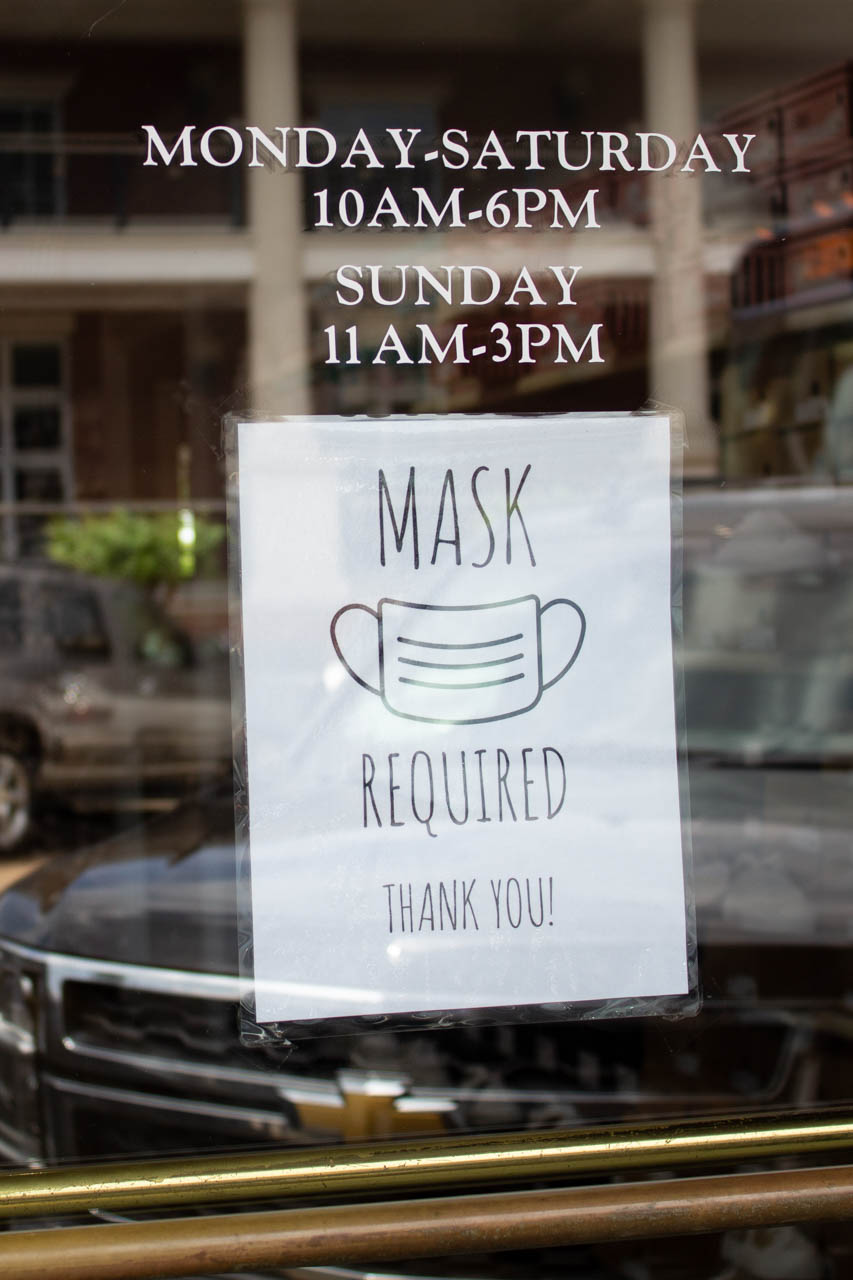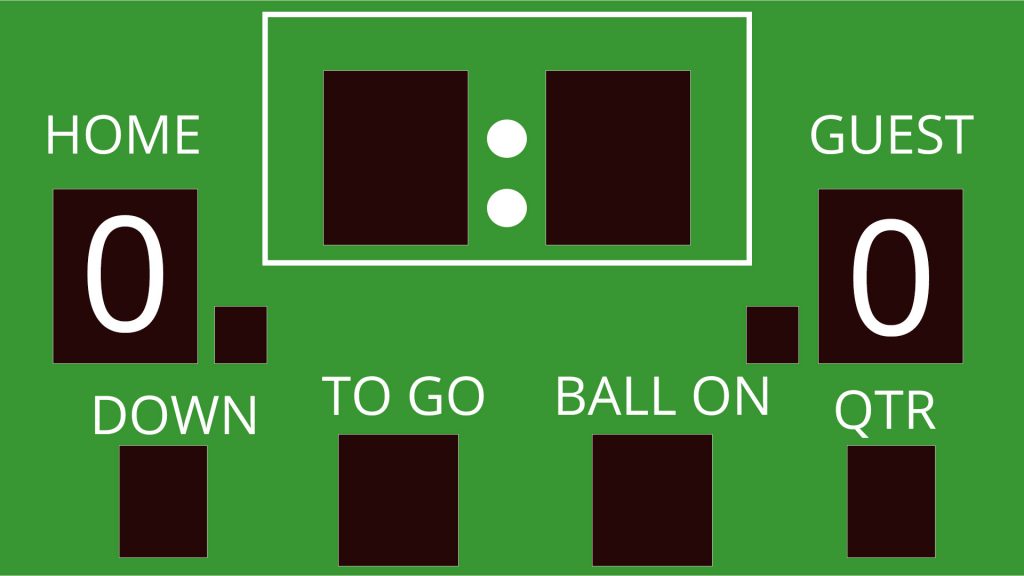As new COVID-19 cases nationwide and across Mississippi seem to be on the decline, health officials are turning their eyes toward another variant of COVID-19, the Mu variant, which has shown up in all 50 states.
Many health officials have advised that the variant is not yet of concern, only accounting for 0.1% of all cases in the United States, according to an article in Newsweek.
Oxford’s Director of Emergency Management Jimmy Allgood said the city is keeping an eye on the variant and awaiting more data.
“Right now we don’t have enough information. It’s brand new and there’s not a lot of information on it so we’re watching it,” he said. “We don’t have a lot of data on its characteristics — is it more contagious? We don’t know. We’re watching it. Monitoring and tracking it and waiting for more data.”
Cases have slowed nationwide as well as in Mississippi. On Aug. 20, Mississippi reported 5,048 cases, the most cases for a single day in the state, ever. That day, the seven-day average was 3,586 cases. On Sept. 10, Mississippi reported 1,892 new cases with a seven-day average of 1,921.
Currently, the Delta variant is responsible for the majority of COVID-19 cases being seen state and nationwide. Delta and Mu are both major mutations of the original COVID-19 strain. Data has shown that the COVID-19 vaccine is 50 percent less effective against the Delta variant than it was against the original Alpha variant, according to Healthline. There is evidence to suggest that the Mu variant is vaccine resistant.
Regarding the Mu variant, Dr. Thomas Dobbs, Mississippi’s state health officer, shared a tweet with an article from the Wall Street Journal attached.
“The Delta variant of the coronavirus is likely to outcompete Mu, Lambda, and other variants because it is so infectious, scientists say. ‘Nothing so far has appeared competitive to Delta,’” the tweet read.
Most health professionals, like emergency room Dr. Mac Nichols, continue to stress the ever present importance of getting vaccinated.
“I’m worried because there doesn’t seem to be a huge interest still in getting vaccinated,” he said. “It’s challenging, because you create the opportunity for other variants when you have such a huge amount of viral load in a population. So, you know, can Mississippi be the next you know, not Delta, but whatever the next thing is gonna be.”
Nichols explains further that a decline in cases does not necessarily mean the end of the pandemic.
“[Cases] are going to go down because the people with COVID, who don’t get hospitalized, are going to have antibodies for a few weeks, maybe a couple of months,” he said. “So the infection rates are going to go down. But then we’re going to have just another wave as that immunity starts to go back down, people let their guards down, and new variants pop up. And it’s just gonna cycle again.”
As of Sept. 12, 48.5% of Mississippi’s population has received at least one dose of the vaccine. Vaccination rates have increased, but the state is still well below the national average, where 68.1% of people have received at least one dose.
















